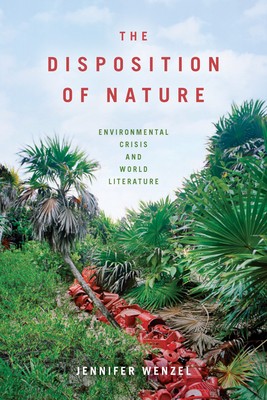
- We will send in 10–14 business days.
- Author: Jennifer Wenzel
- Publisher: Fordham University Press
- ISBN-10: 0823286789
- ISBN-13: 9780823286782
- Format: 15.2 x 22.9 x 2.4 cm, hardcover
- Language: English
- SAVE -10% with code: EXTRA
Reviews
Description
Finalist, 2022 Ecocriticism Book Prize, Association for the Study of Literature and the Environment
Shortlisted, 2020 Book Prize, Association for the Study of the Arts of the Present
EXTRA 10 % discount with code: EXTRA
The promotion ends in 17d.22:16:51
The discount code is valid when purchasing from 10 €. Discounts do not stack.
- Author: Jennifer Wenzel
- Publisher: Fordham University Press
- ISBN-10: 0823286789
- ISBN-13: 9780823286782
- Format: 15.2 x 22.9 x 2.4 cm, hardcover
- Language: English English
Finalist, 2022 Ecocriticism Book Prize, Association for the Study of Literature and the Environment
Shortlisted, 2020 Book Prize, Association for the Study of the Arts of the Present


Reviews